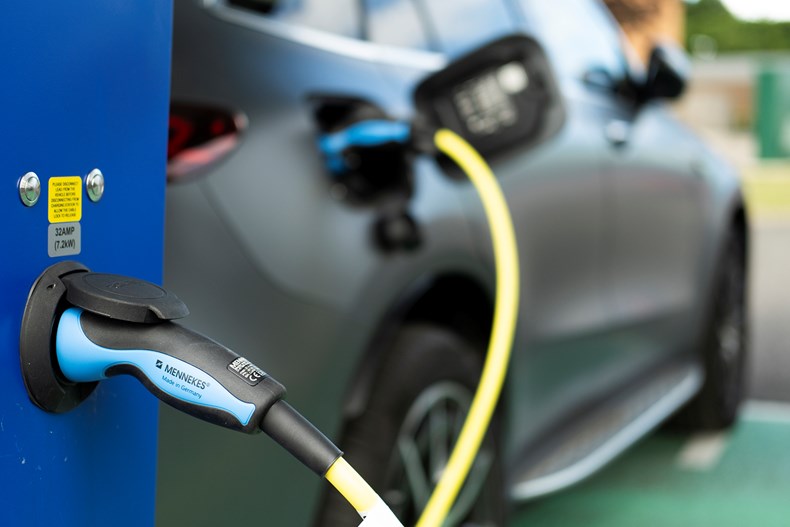
One technology set to receive a great deal of attention during COP26 is the electric vehicle (EV). The UK government has set a target to end the sale of all new petrol and diesel cars by 2030.
Choice in the market is growing, reflecting people’s confidence in switching to EVs. And the charging infrastructure is about to take a similar leap, says Kevin Welstead, EV sector director for SSE Enterprise.
“There are 39 million vehicles on the road in the UK right now. If we can electrify those and provide the infrastructure for delivering net zero energy at the tailpipe, EVs will become a key pillar in creating a cleaner UK.
“One of the main factors that will drive this change is the building of a charging infrastructure people can rely on. SSE is looking at the opportunities for developing community charging hubs to create a spine of ultra-rapid charging infrastructure in towns and cities across the UK. This will allow customers to plug their car straight into the renewable energy we generate.
“The key selling point here would be the speed. The latest EVs can travel around 300 miles on a full charge. Our hubs would provide vital green energy for people who don’t have the ability to charge at home or at work, or who want to charge their car in 15 minutes rather than the eight hours it would take at home. These sites could offer refreshments and wifi to use while customers wait. As the tech improves, that charge time will go down to five minutes, maybe less.
“These days there’s an EV for everyone, from private cars to fleets and taxis. In the next five years, this charging infrastructure will expand hugely. The hubs, rather than being seen as a novelty, will become as ubiquitous as petrol stations.”
This article was originally published in The Times.



